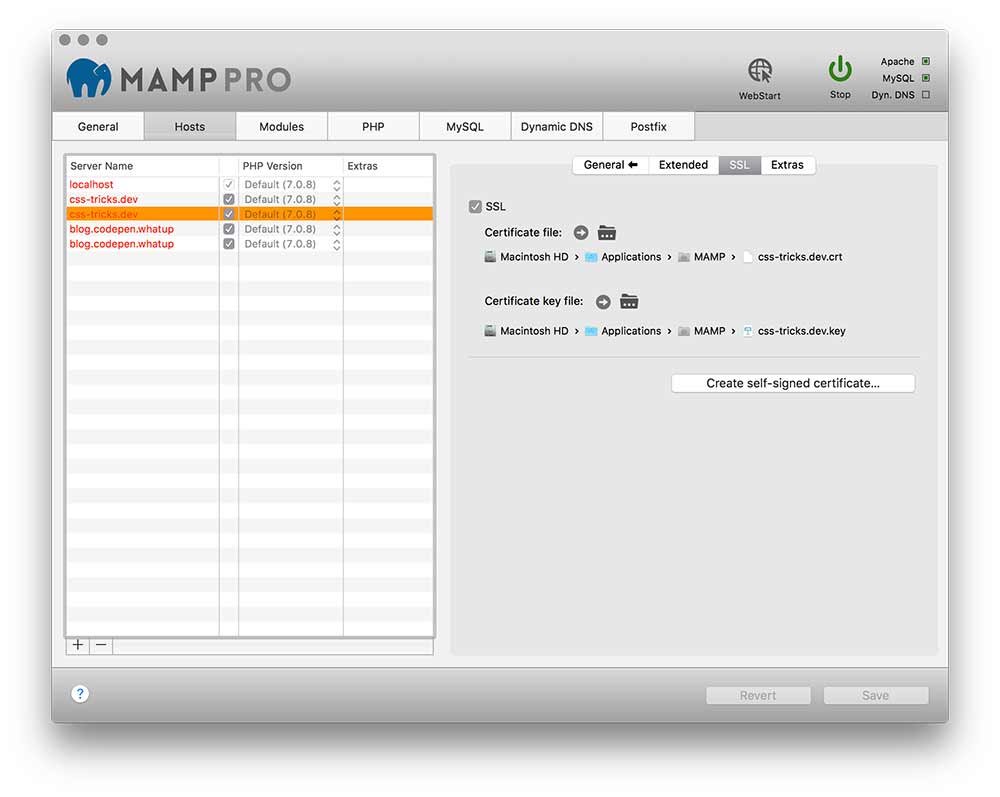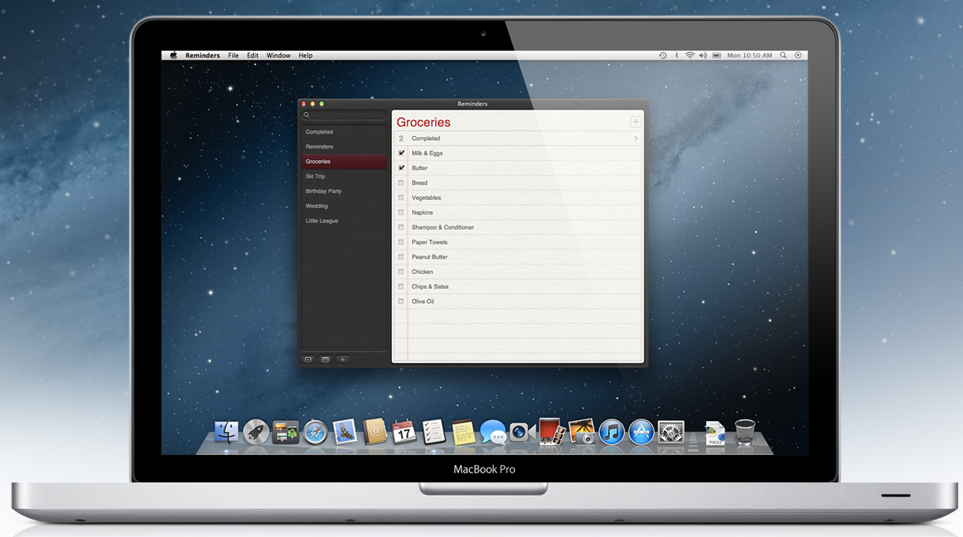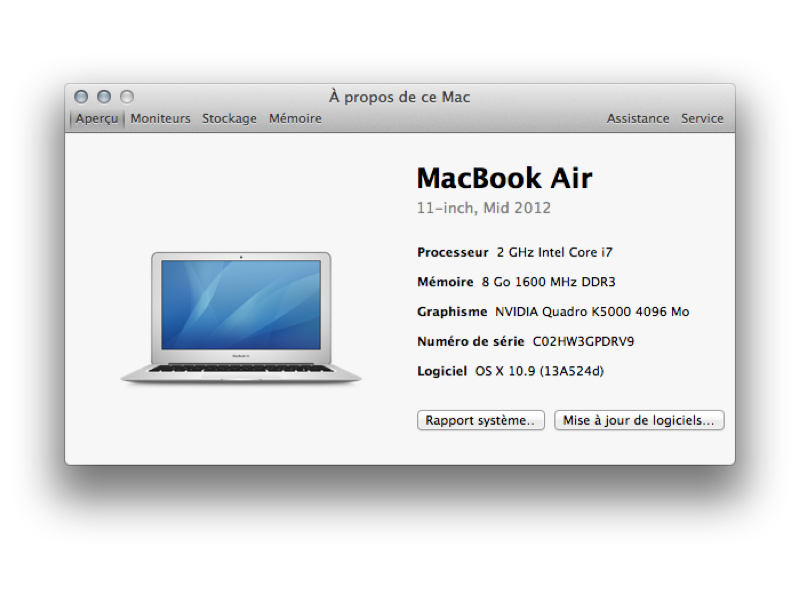

- #Older version of opera for mac mountain lion mac os x#
- #Older version of opera for mac mountain lion install#
- #Older version of opera for mac mountain lion download#
Update: As we suggested might happen in our Lion review, Mountain Lion's developer preview appears to do away with support for any Mac that cannot boot into OS X's 64-bit kernel. We'll continue to cover the new OS as details are made public.
#Older version of opera for mac mountain lion download#
The Apple developer site is currently down, but as soon as it comes back up those with developer accounts should be able to download and play with the next version of OS X. We don't have any information about system requirements yet, so we don't know whether Mountain Lion will run on any Lion-compatible Mac (which seems technically possible) or whether it will drop support for some older machines (which has historically happened with new OS X releases - see this page of our Lion review for in-depth information on what got dropped from the support list and why).
#Older version of opera for mac mountain lion install#
This can be seen as another step toward disallowing non-Mac App Store programs from running in OS X, but taken at face value it appears to be a solid compromise between the security of iOS-like behavior and the flexibility to install code from anywhere that users have always been accustomed to in OS X.

You can choose to allow apps only from the Mac App Store, apps from the Mac App store as well as those from developers you approve, or apps from anywhere (which is the default behavior in OS X currently). Mountain Lion will also include some new features all its own: Gatekeeper, which is aimed straight at system administrators, will allow admins to lock down the type of apps allowed to run on Macs.


Frankly, this list of iOS imports actually seems to make more sense for the Mac as a platform than did some of the features (like Launchpad) that were brought over in Lion.
#Older version of opera for mac mountain lion mac os x#
This short development cycle, unheard of since the early days of Mac OS X over a decade ago, reflects a desire at Apple to mirror the roughly yearly release cycle of iOS.ĭespite the name, which suggests a version relatively light in feature changes over the previous version (like the transition from Leopard to Snow Leopard), Mountain Lion is intended to be a major new feature release that continues the work of bringing iOS features to the Mac: many of its major features are iOS transplants, including the Notification Center (which will bring unified notifications to OS X, replacing third-party apps like Growl), Game Center, iMessage support (in the form of an app called Messages, which replaces iChat - there's a free beta available for Lion users now), AirPlay Mirroring, a Notes app, Reminders, Twitter integration, tighter iCloud integration, and others. The new release, codenamed "Mountain Lion," will be available to people with Mac developer accounts soon in the form of a preview, and a release to the public is expected late this summer. Using several media outlets, Apple has just announced major details about Mac OS X 10.8, the next version of the company's desktop operatng system.


 0 kommentar(er)
0 kommentar(er)
